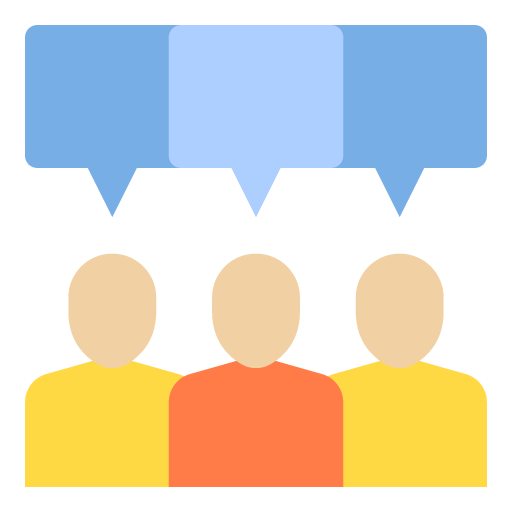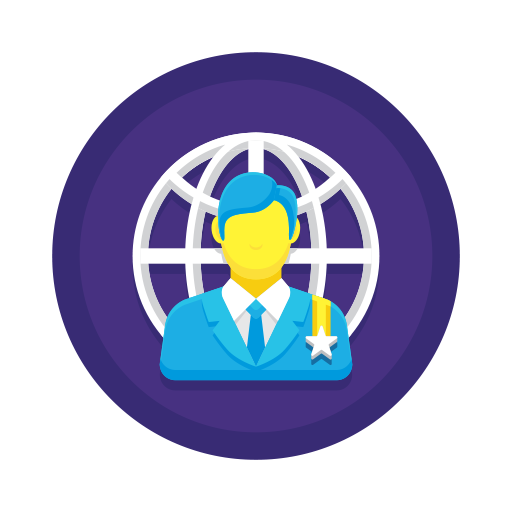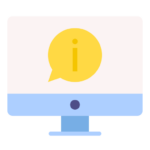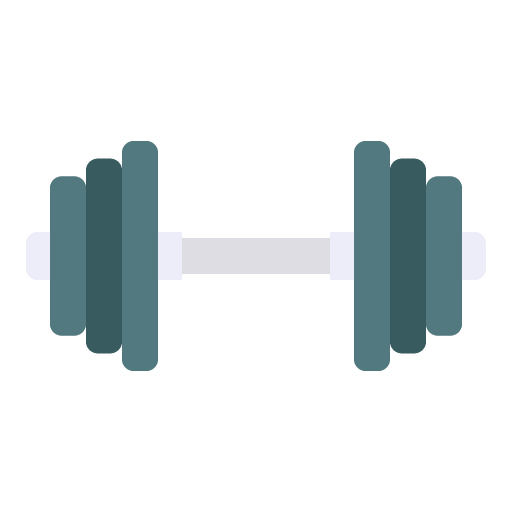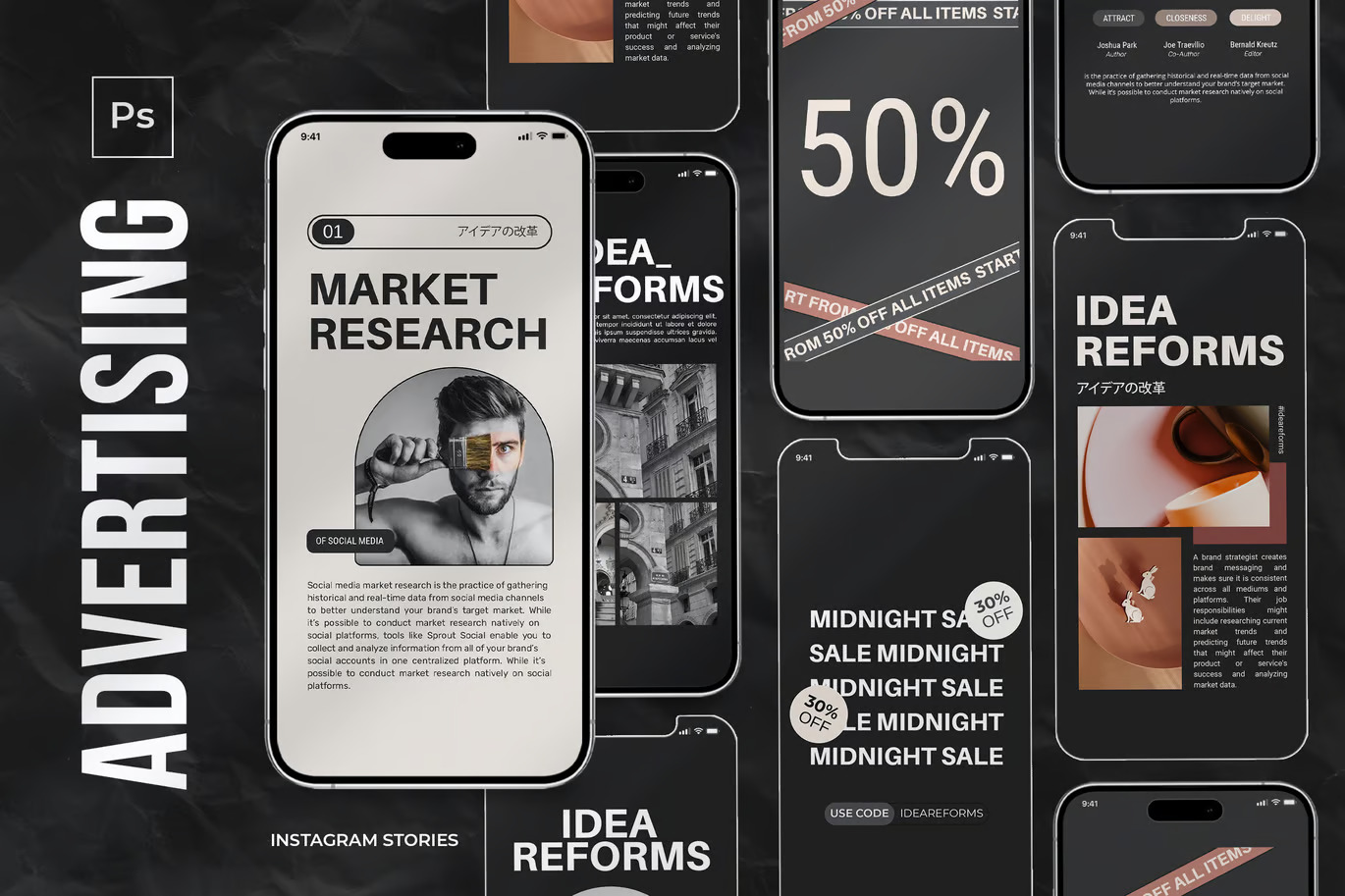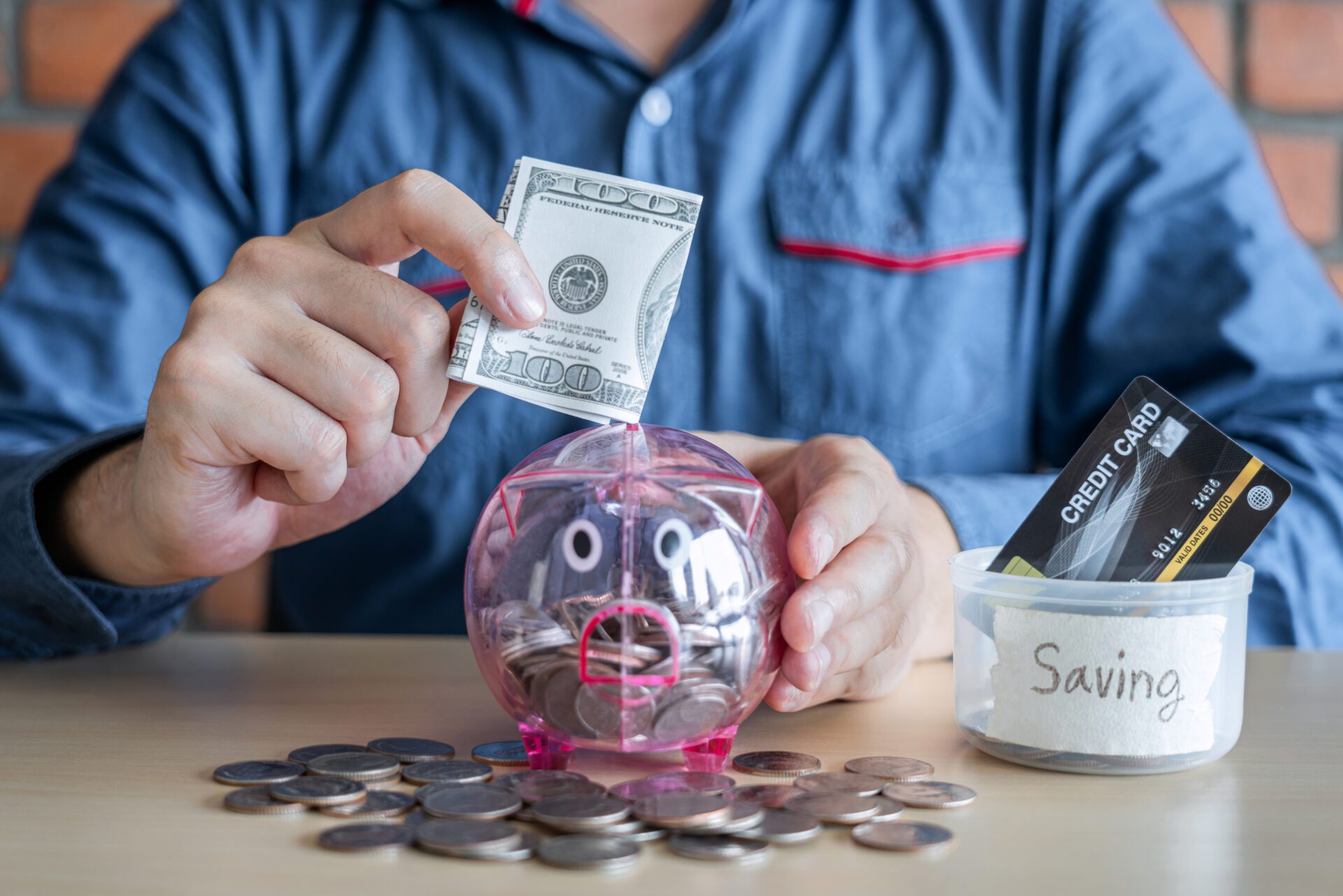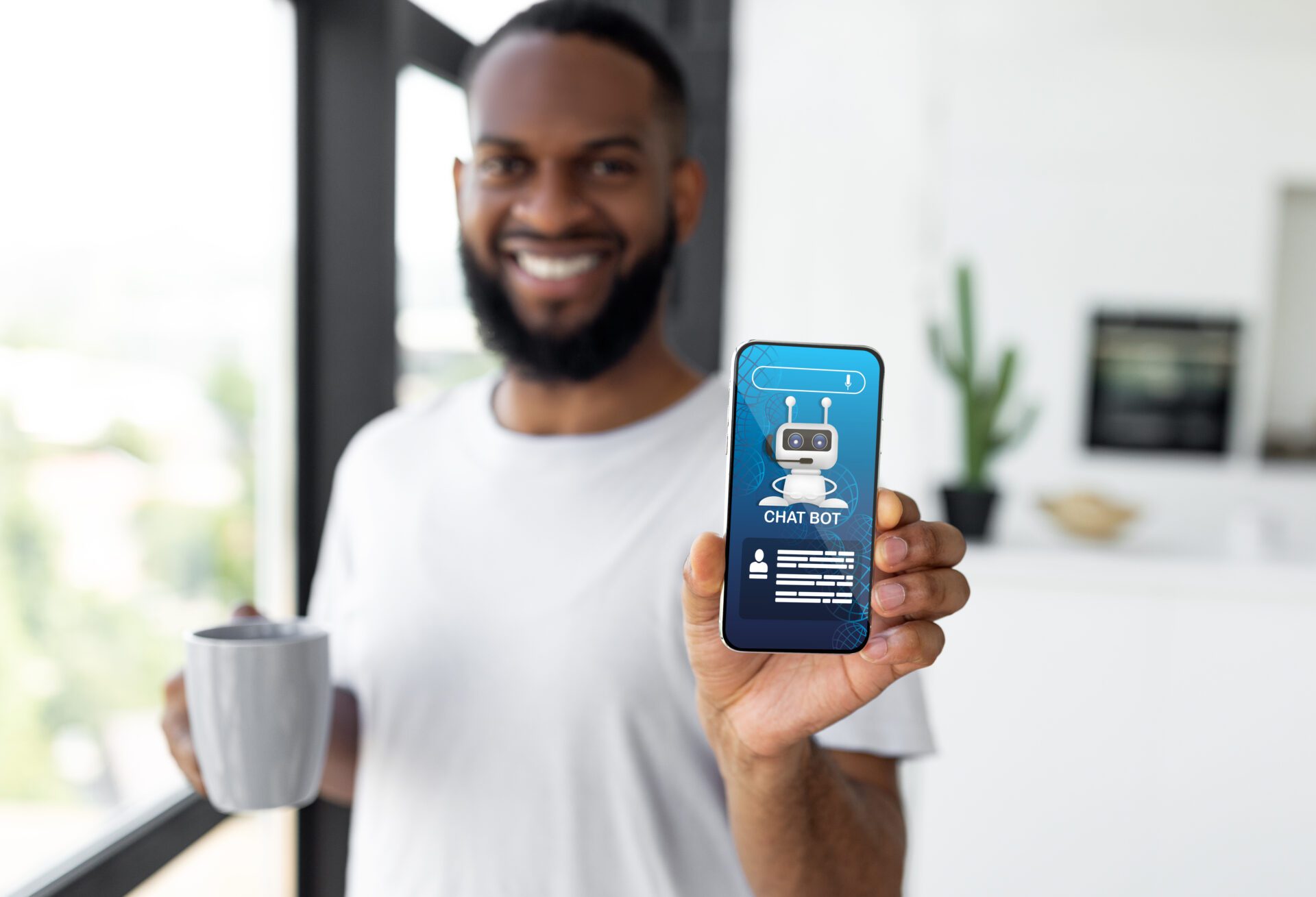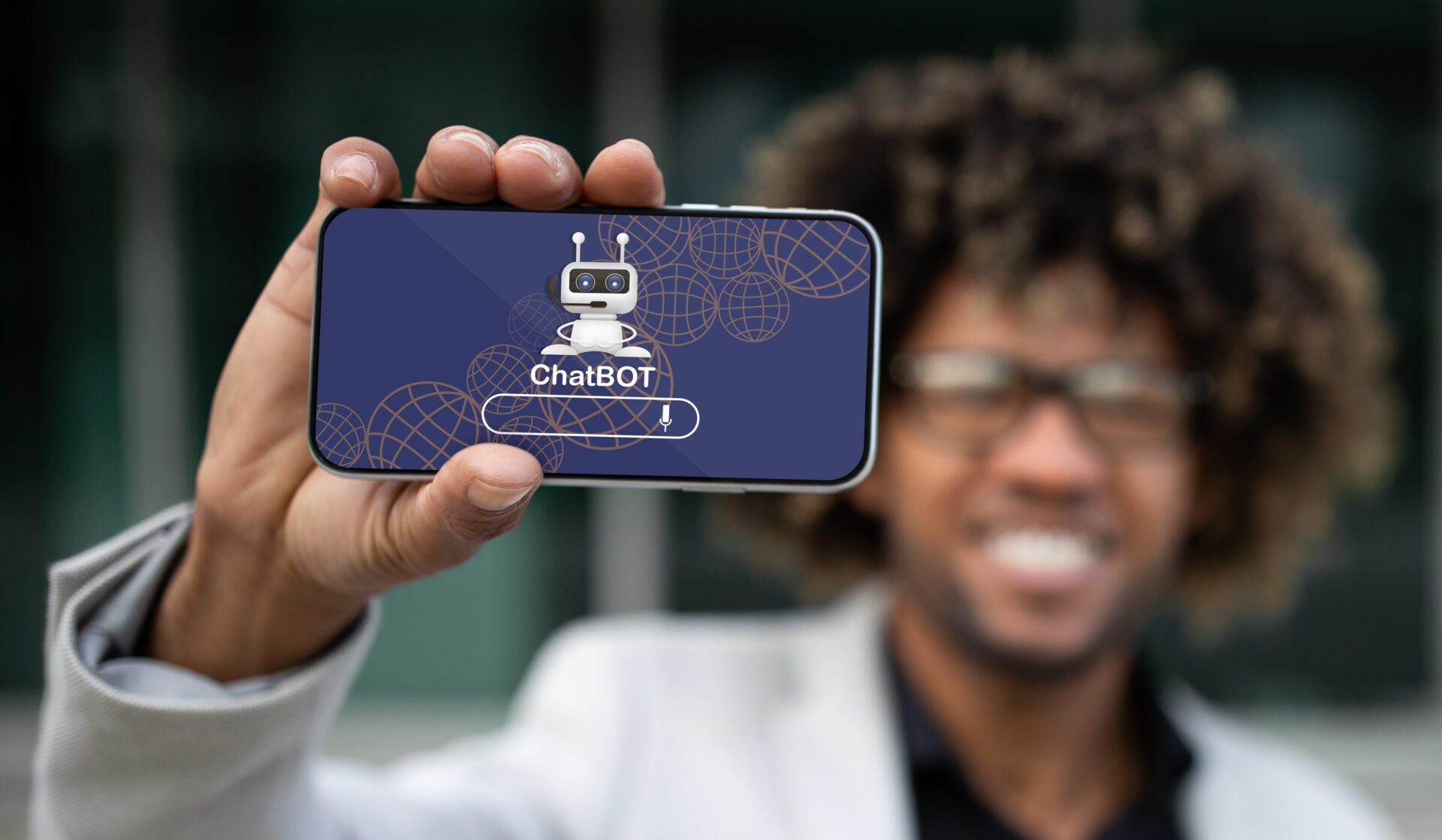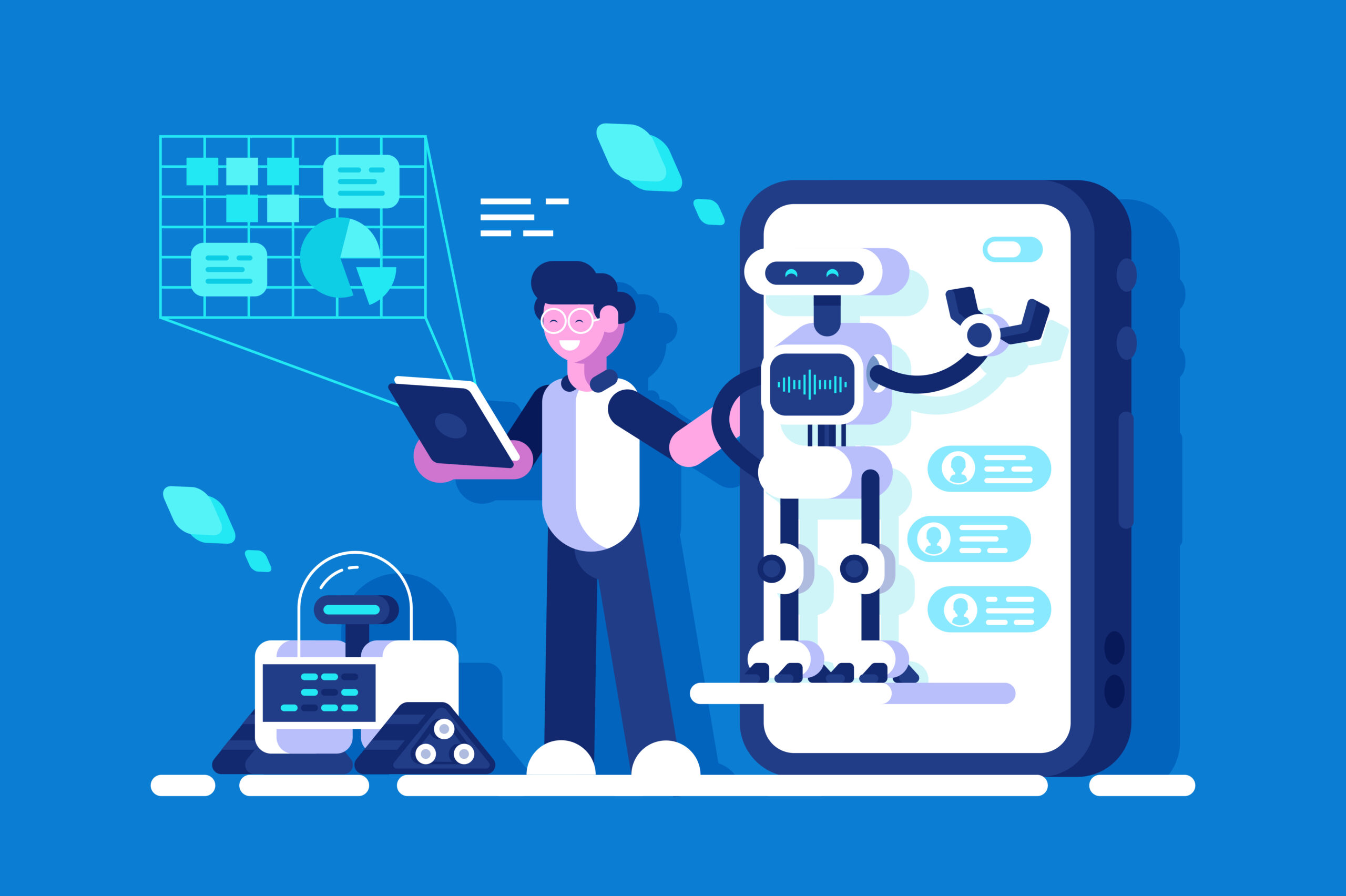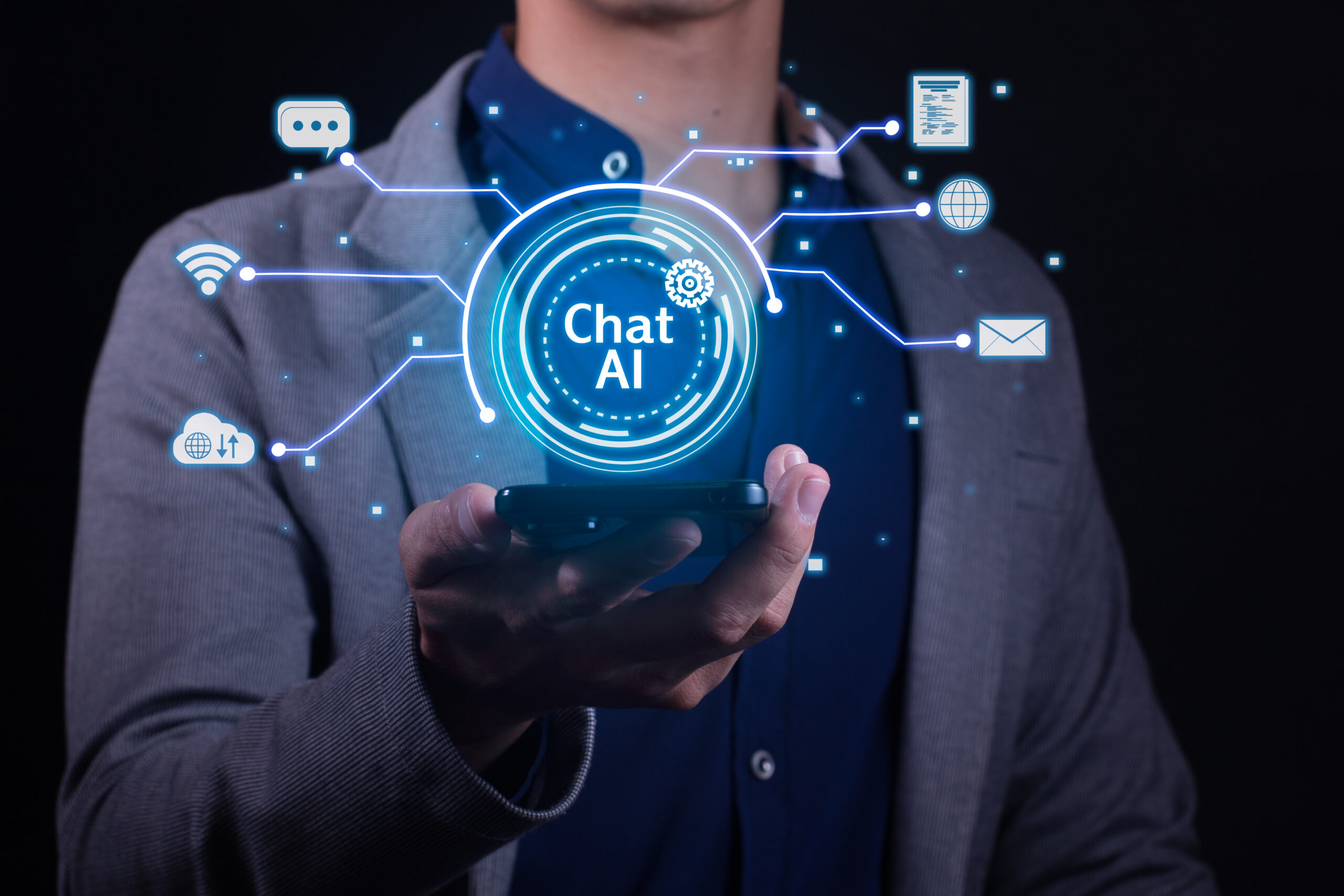The fast-paced world of advertising can feel like a high-wire act—balancing creativity, timing, and effectiveness while trying to capture the elusive attention of consumers. Yet, traditional ad creative processes can often be laborious and cumbersome. The challenges in this space have led to a growing interest in leveraging AI agents in ad creative creation to alleviate these pain points.
Creating engaging ad creatives that resonate with consumers involves considerable time and effort. Traditional methods require brainstorming sessions, multiple revisions, and often, feedback loops that can stretch timelines indefinitely. According to a survey by HubSpot, around 73% of marketers feel their biggest challenge is producing engaging content consistently.
Moreover, manual processes can stifle creativity, leading to less impactful advertising that fails to engage audiences. With the digital realm becoming saturated with content, differentiation through creative advertising is essential—not just for visibility but for building brand loyalty.
Enter AI Agents: Streamlining Ad Creative Production
AI agents have emerged as the answer to many of these challenges, offering a way to automate and enhance the ad creative process. With the ability to analyze vast datasets, AI agents provide insights into consumer trends, preferences, and behaviors. This allows marketers to create tailored content that speaks directly to their audience.
Automated Content Generation
-
AI agents can generate ad copy, suggest visuals, and even create basic video elements, drastically reducing production time. Tools like Copy.ai and Lumen5 allow marketers to input prompts and quickly produce various options for creative content. According to Gartner, companies utilizing AI for content creation reported a 40% reduction in time spent on creative development tasks.
Enhanced Data-Driven Insights
-
AI agents assess which types of creatives have worked in the past, providing real-time recommendations based on performance metrics. By analyzing click-through rates and engagement levels, AI can suggest tweaks that improve ad effectiveness. A digital marketing agency employing AI-driven analytics noted a staggering 50% increase in engagement rates when tailoring strategies based on AI suggestions (McKinsey & Company).
Personalized Content for Enhanced Engagement
-
AI agents also allow for hyper-personalization of ad creatives. Leveraging data about individual users enables the creation of targeted ads that feel tailor-made. Research from Epsilon shows that 80% of consumers are more likely to make a purchase when brands offer personalized experiences.
Real-World Use Cases of AI in Ad Creative Creation
Several leading companies have successfully integrated AI agents into their ad creative processes, yielding impressive results:
-
Coca-Cola: When Coca-Cola integrated AI into its marketing strategies, it harnessed AI to analyze historical ad performance and consumer sentiment. By optimizing its marketing campaigns through AI-driven strategies, Coca-Cola witnessed a remarkable 23% increase in ad performance and engagement.
-
PepsiCo: Employing AI technology allowed PepsiCo to analyze market feedback on new flavors effectively. This agile approach to marketing strategies leads to campaigns that resonate with target audiences while enhancing operational agility.
-
Netflix: While not a direct ad creation example, Netflix’s recommendation system employs AI to personalize content suggestions based on user preferences. Their marketing campaigns tap into AI’s predictive capabilities, ensuring that users receive engaging and tailored promotional materials.
The Competitive Edge Through AI Agents
Small businesses express confidence in AI as a tool to level the playing field against larger competitors. With AI-driven insights, smaller firms can make informed decisions, optimize resource use, and customize services to meet evolving market demands. A survey by Inc. Magazine found that 77% of small business owners reported enhanced competitiveness as a direct result of AI implementation.
Businesses leveraging AI have gained agility, allowing them to adjust quickly and remain responsive to market changes. AI enables organizations to discover opportunities and refine product offerings more efficiently than ever before.
Overcoming Barriers to AI Adoption
While AI offers numerous benefits, the journey to successful integration can face obstacles. Main barriers include the cost of technology and a lack of understanding of how to implement these advanced systems effectively. Approximately 60% of small businesses identify financial constraints as a significant impediment, and 37% cite insufficient technical expertise as a major challenge (TechRepublic).
To mitigate these issues, businesses should consider these strategies:
-
Start Small with Pilot Programs: Begin by integrating a few AI tools to understand their capabilities. This phased approach allows for easier adjustments and smoother transitions.
-
Invest in Training and Resources: Providing educational resources and training for staff is crucial. Ensuring the workforce feels comfortable with AI tools helps foster a more creative and engaging environment.
-
Monitor and Iteratively Adjust: Regularly track the performance of AI-generated ads and adjust your strategies based on insights. This practice encourages continuous improvement and aligns closely with business objectives.
The Future of AI in Ad Production
As we look toward 2025, the integration of AI agents into marketing will likely become more pronounced. Businesses that adopt these technologies can expect significant returns on investments, with reports indicating that organizations leveraging AI solutions will likely see operational boosts by nearly 40% by 2025 (Deloitte).
Furthermore, the expected efficiency gains from AI agents are substantial. Reports indicate companies could reduce ad production costs by up to 25%, allowing for reallocation of resources toward more innovative marketing initiatives. This financial and creative flexibility can lead to increased experimentation with new formats, fostering a culture of creativity.
Platforms like Noem.ai exemplify how integrated AI solutions can help businesses streamline ad processes. Noem.ai not only offers a diverse set of AI agents, but its token-based approach enables organizations to manage costs efficiently while accessing advanced functionality.
Final Thoughts on AI Agents in Ad Creative Creation
Integrating AI agents into ad creative processes represents a strategic shift for marketers looking to enhance creativity and efficiency in their campaigns. By automating production, providing data-driven insights, and personalizing customer interactions, AI agents lead the way toward more effective and impactful advertising strategies.
As businesses continue to embrace AI-driven solutions, those that integrate these technologies cohesively will be at the forefront of innovation, setting new benchmarks for creativity, insight, and operational excellence. With the right strategies in place and tools like Noem.ai supporting their efforts, businesses can truly leverage the power of AI in their marketing endeavors, ensuring they thrive in the rapidly evolving landscape of advertising.

